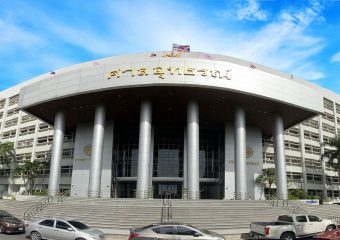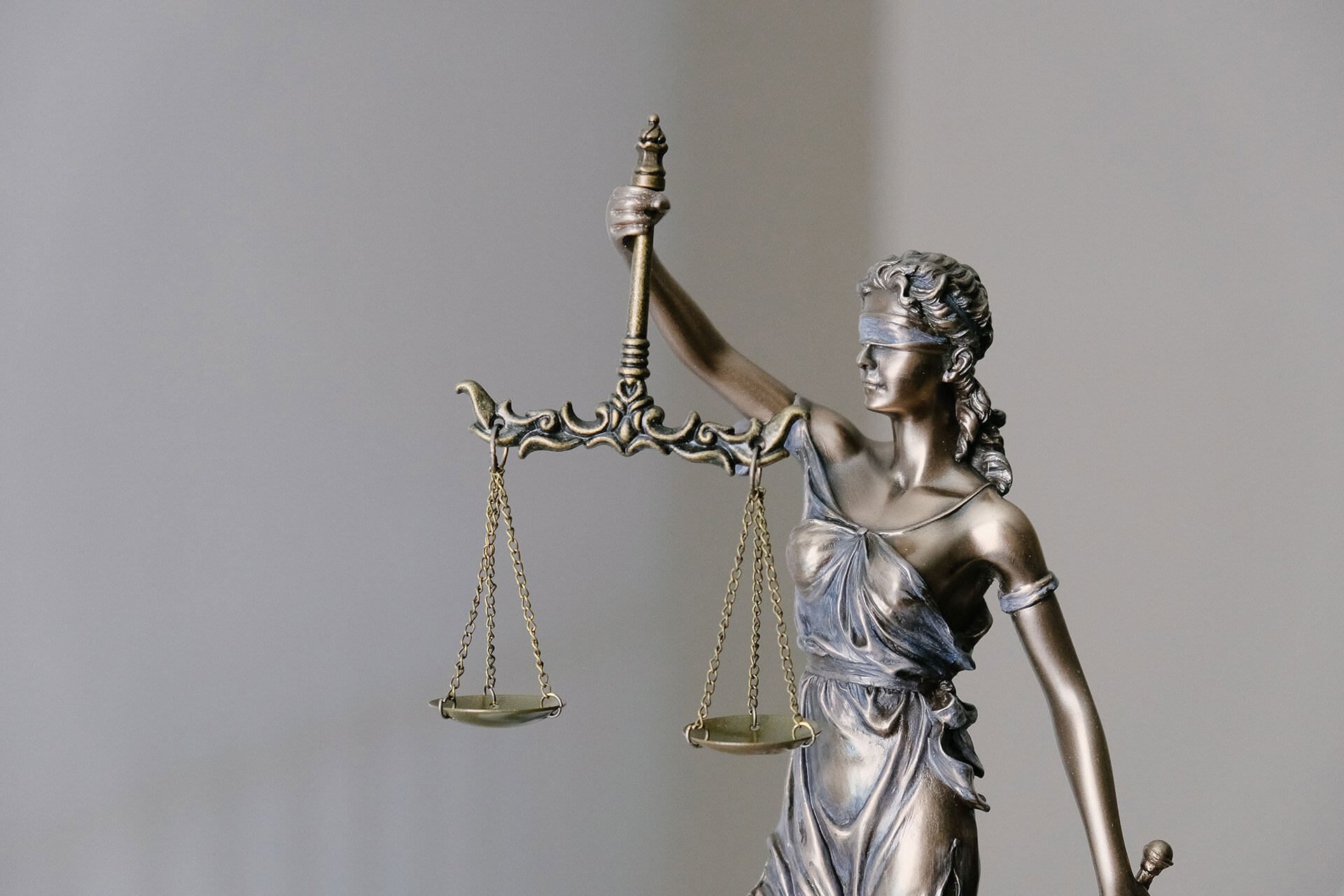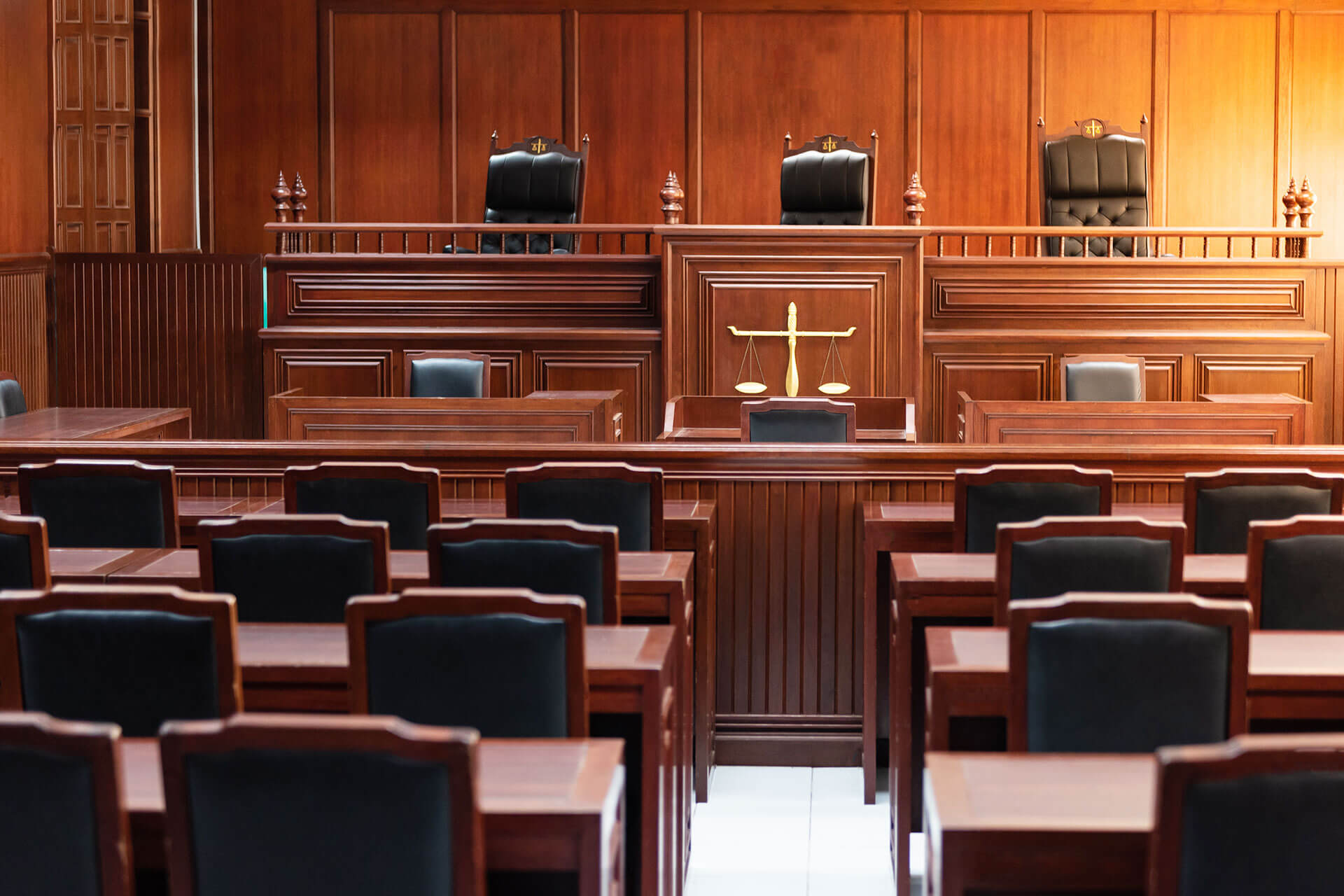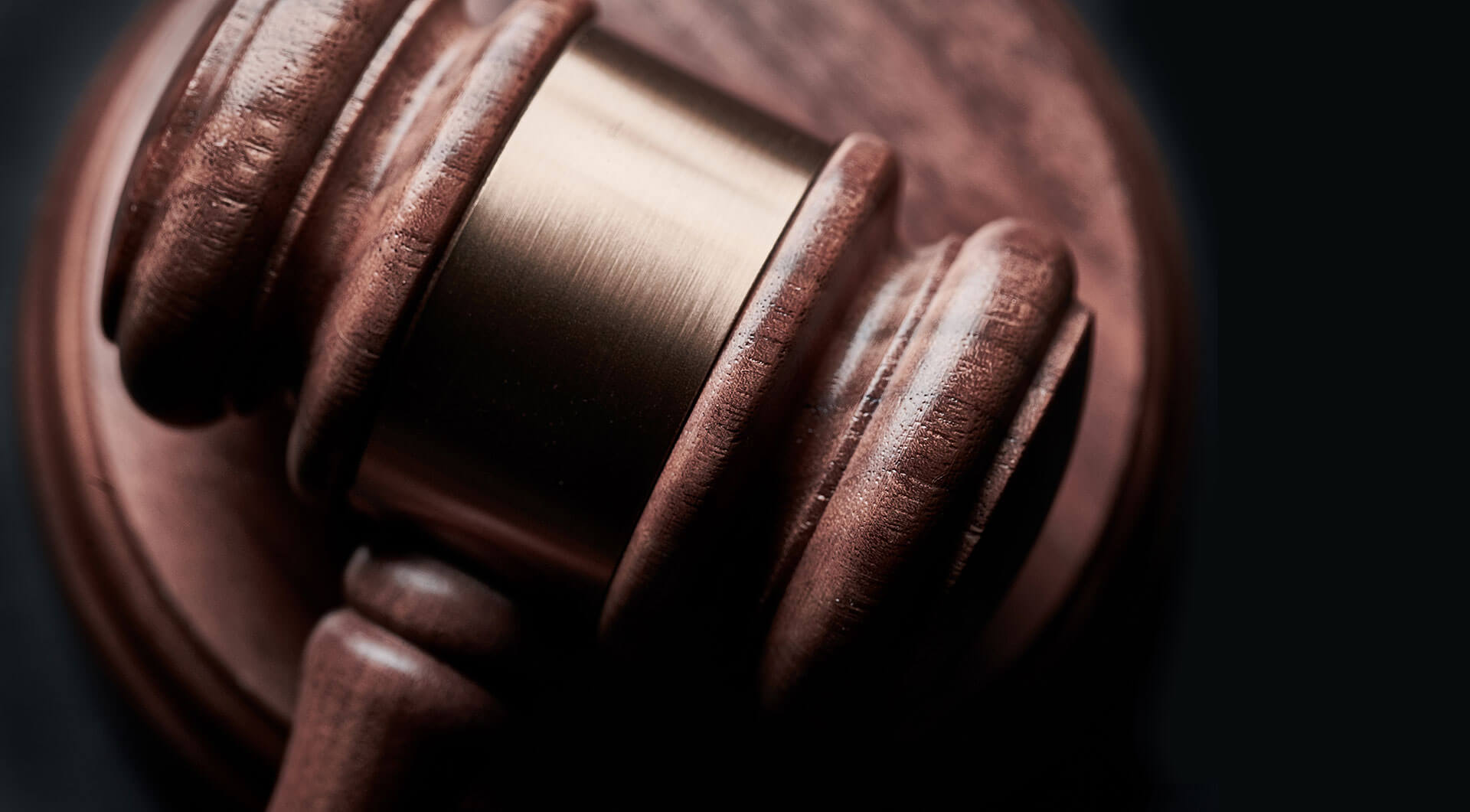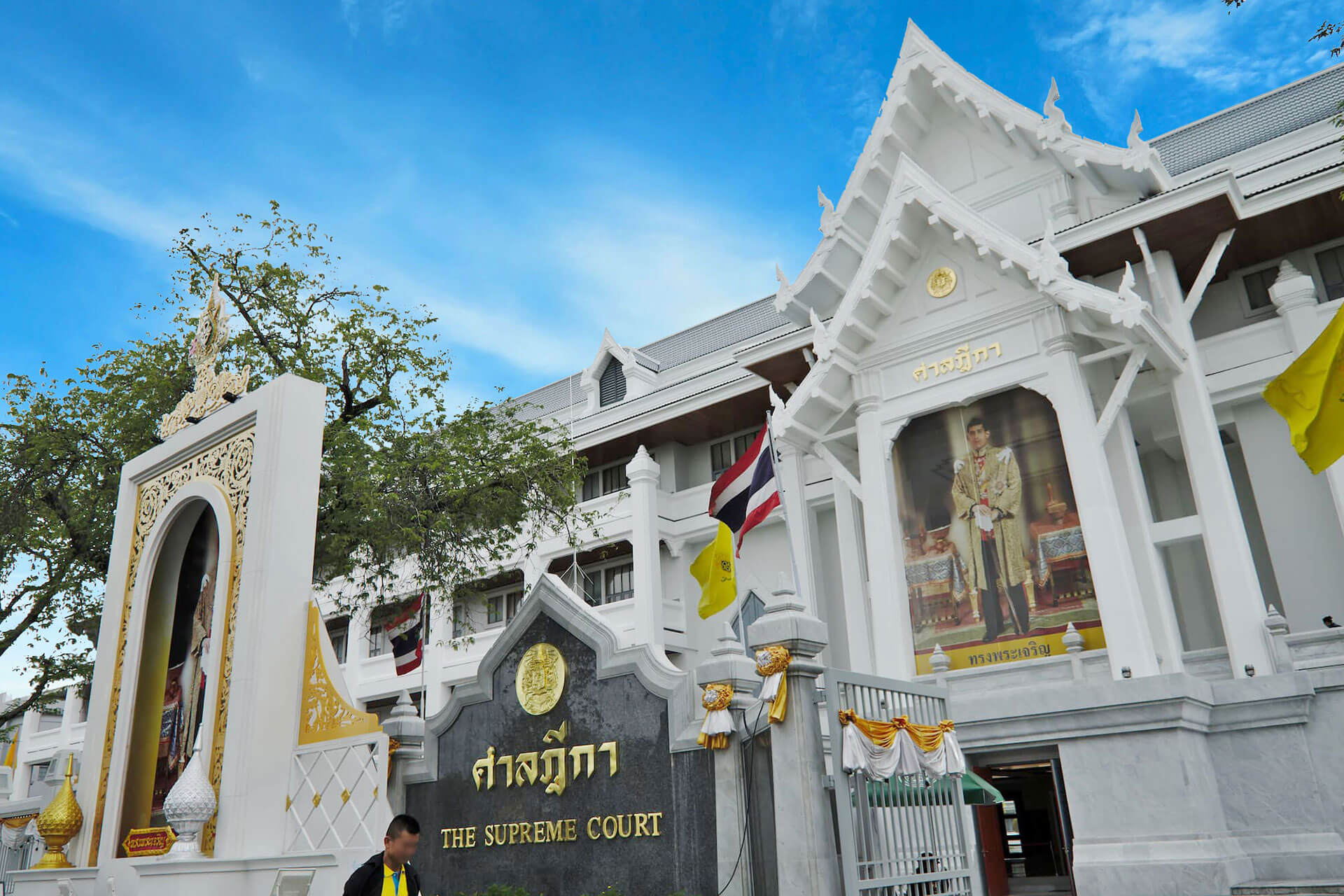Home

About ThailandCourt.com
This website is not in any way affiliated or connected to any government institutions. ThailandCourt.com is intended to give you basic information on how the legal system of Thailand works. It is not a substitute for any legal advice.
Information on this webpage is provided as reference and information to our readers. While every effort is made to provide accurate information, the information contained here is provided on an “as is” basis without warranty of any kind, express or implied. ThailandCourt.com assumes no responsibility or liability of any kind and shall not be liable for any damages in connection to the information provided. This website is not intended to provide legal or other advice and should not be relied upon in that regard. The reader is encouraged to retain a lawyer, if arrested or detained, and to supplement this information with independent research and professional advice.
The information on this webpage is updated on a regular basis.
Thai Legal System

